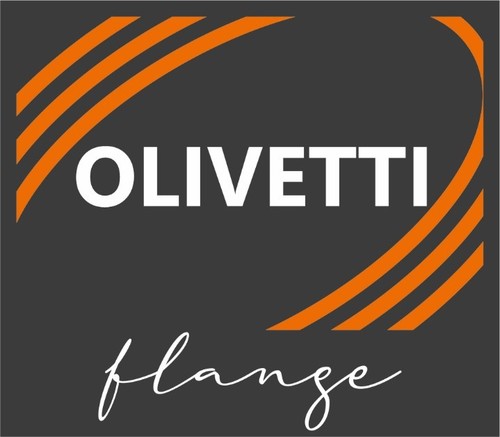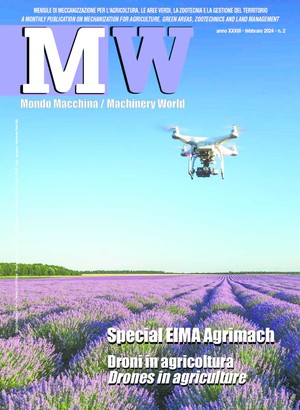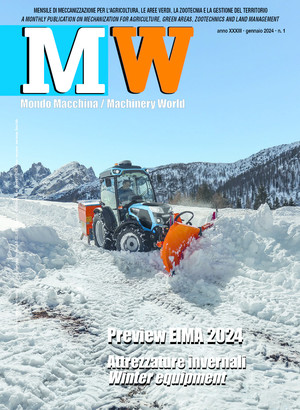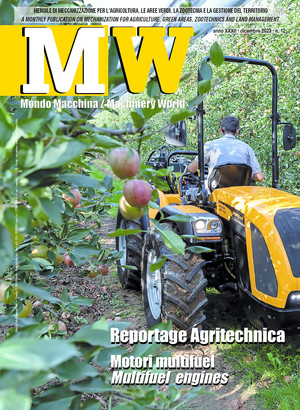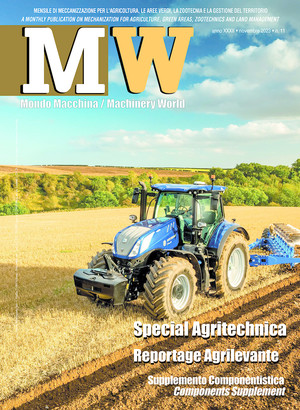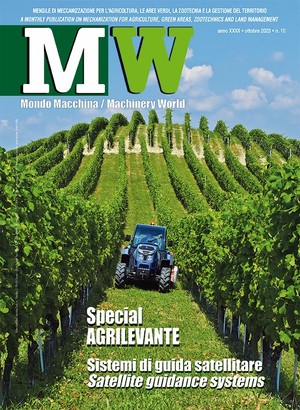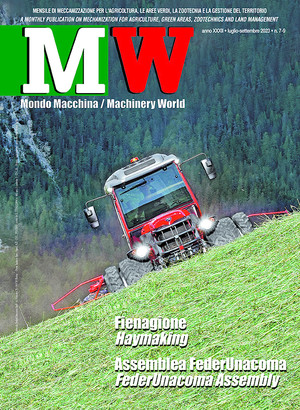
Agriculture, Europe's initiatives against the crisis
Derogations on set aside land and simplification of the CAP, the first measures implemented by the European Union to deal with the difficulties of the primary sector. It is necessary to accompany farmers towards new production systems
After protests in recent weeks, with hundreds of tractors blocking roads first in Belgium, France, Germany but also in Italy and the rest of Europe, the Union has finally launched a serious debate, as requested by the European Parliament, aimed at improving the socio-economic situation of farmers and rural areas, ensuring fair incomes, food security and a just transition. A first step has been taken in recent days, with the derogation adopted by the EU executive from the obligation to set aside at least 4% of its farm arable land, and the package of measures to simplify the common agricultural policy that we are preparing to discuss in the coming weeks.
A step to be followed by others, with structural solutions to simplify the CAP, such as flexibility in the use of coupled aid or increasing the intensity of aid for sectoral measures in the fruit and vegetables sector, and also greater support for the sector through a new temporary framework for state aid, which guarantees Member States the possibility of implementing actions to respond concretely to the difficulties facing European agriculture, linked to rising production costs and interest rates and the lack of simultaneous growth in farm revenues.
We are therefore entering a new phase, especially in view of the next European legislature, which will open after the elections in early June 2024.
During this mandate, for the first time, the perception of a European Union that is the enemy of production categories and in particular agriculture has matured among farmers. After thirty years of investments, thanks also to which our agri-food chain has grown so much that it has no equal in the world in terms of quality, sustainability and respect for workers’ rights, the impression has been created of wanting to move from the pursuit of ideal goals to ideological goals. So much so that no plan to accompany farmers in the transition to new production models has been implemented through European policy instruments.
Following the presentation of the Green Deal, and its agricultural declination or the Farm to Fork strategy, we have not been able to build a project that fully involves European agriculture making it feel the true protagonist of the green transition, and not accused. However, as we have repeatedly pointed out, without the convinced support of our farmers and the entire Italian and European agri-food system, any prospect of climate neutrality and climate change mitigation becomes unfeasible.
With the next legislature we have the opportunity and the obligation to implement new and decisive policies to accompany European farmers in the ecological transition, without sacrificing productivity: artificial intelligence, precision agriculture, sustainable biotechnologies, agri-energy are some of the interventions where we expect a stimulus from future European policies.
As the European Parliament, we have always been listening to our farmers, without needing any strategic dialogue, most recently with the new regulation on Assisted Evolution Technologies (TEA) for which we have approved the first green light. A second piece has been scored with the new Regulation on the protection and promotion of geographical indications, which strengthens the role of protection consortia in defending the economic value of these products that will represent a driving force for the development of our quality chains and rural areas. But in the final months of the legislature, we will also be committed to safeguarding the important results achieved on other crucial dossiers for the agricultural sector: the new Nature Restoration Act, the revision of the Directive to reduce industrial emissions and the Packaging Regulation.
In all three legislative texts, the agreements negotiated with the Council of Ministers of the 27 EU countries and the European Commission, do not reflect the approach we had wanted and voted for in the Eurochamber, which is strongly attentive to the demands of our agricultural and food sector; however, a strong pragmatism will be needed in order not to dissipate in the coming months the work and efforts made by MEPs to reconnect the bond that has always united the Union and our farmers.
Once these discussions are over, the next legislature will not be able to afford further missteps, but will have to accompany the European primary sector towards increasingly sustainable production systems, improving its competitiveness and ability to continue producing healthy, quality and sufficient food for all European citizens.

